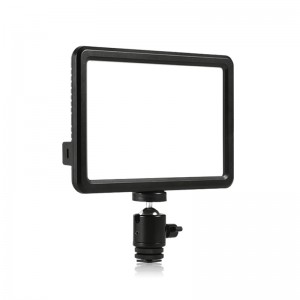Human skin is actually very strong. Because in a natural environment like the earth, skin can help humans block external bacteria and viruses. In addition, it can also help everyone block all kinds of radiation from space. Even so, we humans need to learn to protect our skin, especially for women who are pursuing beauty. Without good skin, it is undoubtedly bad. So is the lighting effect harmful to the skin?
The lighting effects of all normal lighting fixtures are definitely not harmful to the skin! If even the lighting effects are worried about damaging the skin, do you dare to go out during the day? Ultraviolet light is the most harmful to the skin, and there is basically no lighting effect. And even if it’s natural ultraviolet light, you can’t say that your skin is not allowed to touch, otherwise, the damage will be even greater!
The key damage of UV light
When ultraviolet rays are irradiated, the level of eye injury is proportional to the time, inversely proportional to the square meter of the direct source, and is related to the projection angle of the light source.
When ultraviolet light has obvious effect on the skin, it can cause sun exposure dermatitis, erythema, itching, blisters, edema, eye pain, tearing, etc. on the skin; more serious ones can also cause skin cancer.
Ultraviolet rays act on the central nervous system, causing headaches, dizziness, and increased body temperature. Effective on the eye area, it can cause conjunctivitis, keratitis, which is called sun exposure ophthalmia, and may also cause cataracts. The ultraviolet light created during the whole process of electric welding will cause electric welders to get electro-optic ophthalmitis (can be cured) .
Although ultraviolet light exists all year round, the natural light in winter looks softer and the northern area is foggy, but the ultraviolet light is only weaker than summer.
20%, it will still cause great damage to the skin and eyes of the body, so it is still necessary to prevent ultraviolet radiation in winter. Long-term UV exposure can easily cause various stains on the skin. Therefore, even in the cold winter, you should wipe off barrier milk or sunscreen when playing outdoors. Naturally, an SPF index value of 15 is sufficient. If you are going out for skiing or staying for a long time in snow, it is best to wear goggles to avoid the irritation of ultraviolet light and strong white light in snow.
Post time: Jul-22-2021 BACK




